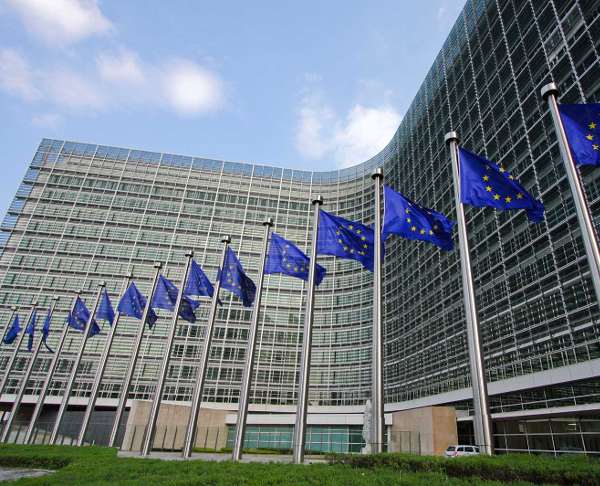Rome, December 7th, 2017 – Yesterday, the European Commission presented its reform for the Eurozone and in many respects it is in line with the Italian position. Overall, the plan presented by President Juncker is indeed a step towards strengthening the governance of the Economic and Monetary Union and it favours, as is desirable, the EU method rather than the intergovernmental method.
As to the individual proposals contained in the package, there is appreciation for the accent put on the process of structural reforms, for which the Commission proposes EU support instruments in favour of the Members States. There is also a positive proposal to introduce a joint stabilization function of adequate dimensions. Though various options are deemed positive, the one aimed at protecting investments is preferred. Italy has been stressing the importance of such a function for some time, and has contributed widely to the debate on the subject. However, it has come out in favour of a European Unemployment Benefit Scheme (EUBS) to be activated in cases of shock, since it offers a number of advantages as compared to the investment protection mechanism: 1) its activation is more automatic and less discretionary; 2) it places a greater focus on employment that, in the absence of the rate of exchange instrument, is impacted immediately by the effects of economic crises; 3) it acts as an immediate political signal for those like the unemployed who are the hardest hit by the crisis.
The Commission’s proposals include also the completion of the Banking Union. These proposals reflect the Italian position, in fact the government would like even faster implementation.
Another positive element is the European Stability Mechanism being turned into the European Monetary Fund, which will trigger the backstop for the Single Resolution Fund (SRF) and will continue to carry out its duties to safeguard the financial stability of Member States. However, it must avoid an overlapping of its activities with the economic and fiscal supervision assigned to the Commission and the Council by the Treaties.
The Commission’s announcement of a European Minister of Economy and Finance also goes in the right direction and is in line with the Italian position.
As for the inclusion in European legislation of the substance of the Fiscal Compact, there is appreciation for the decision not to incorporate it into the treaties but rather to start negotiations on a draft Directive. Satisfaction is expressed for the elements of flexibility present in the Stability and Growth Pact, which, as is known, were strongly promoted and supported by Italy. Flexibility thus becomes an integral part of European budgetary discipline. The Commission also recognizes that signatory countries have already transposed the substance of the Fiscal Compact into their national legislation. During the negotiations on the Directive under discussion, Italy will stress the need to approve the draft only if it is part of an overall reform of economic governance.
Finally, in the context of the debate on the Commission’s proposals, Italy would like to see a greater focus on the subject of European public goods such as defence, security, the management of the flow of migrants at the borders, etc. Equivalent attention must be paid also to assessing the overall fiscal stance for the euro area, which is important in order to better appreciate the fiscal policies of the individual countries in a monetary union.


